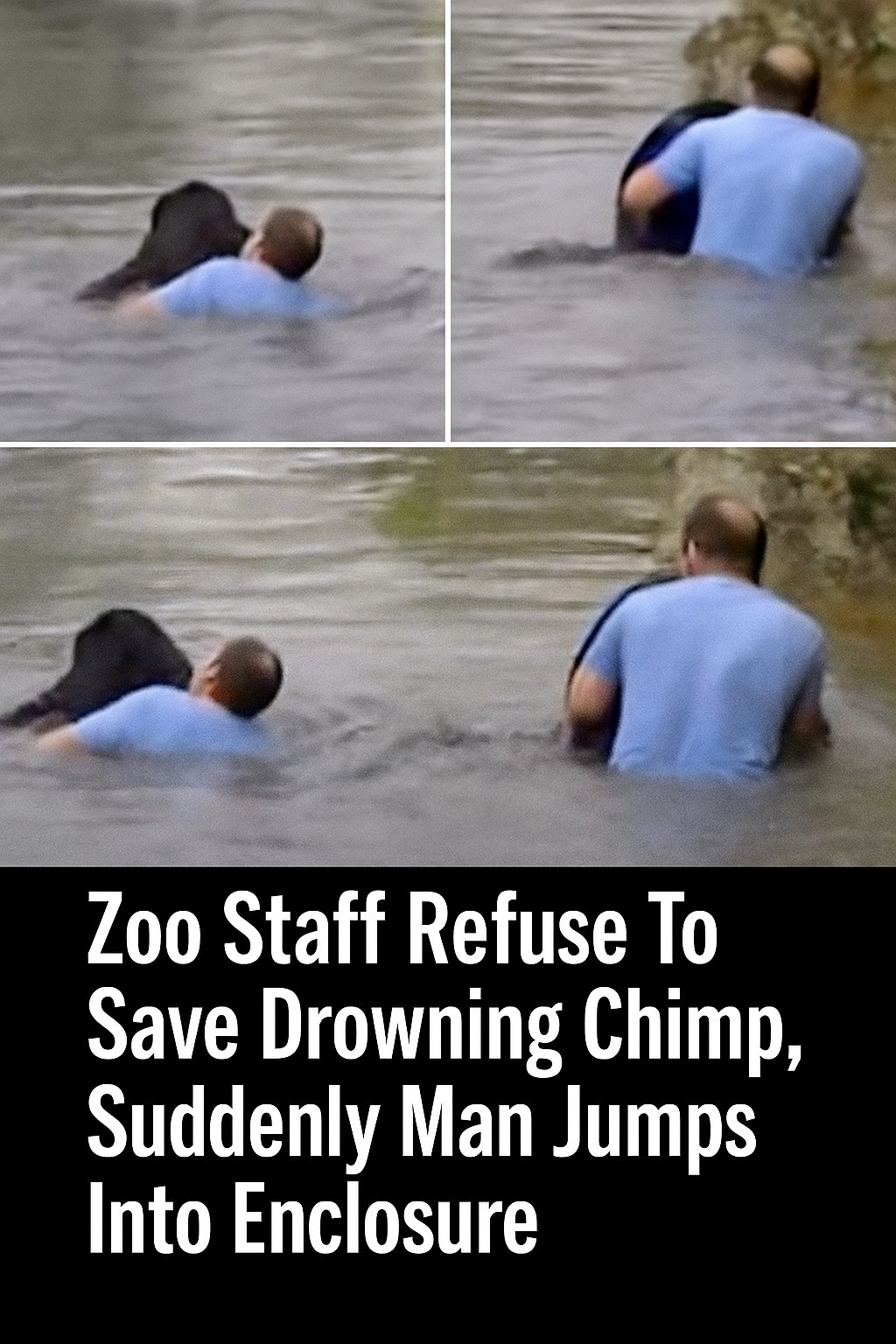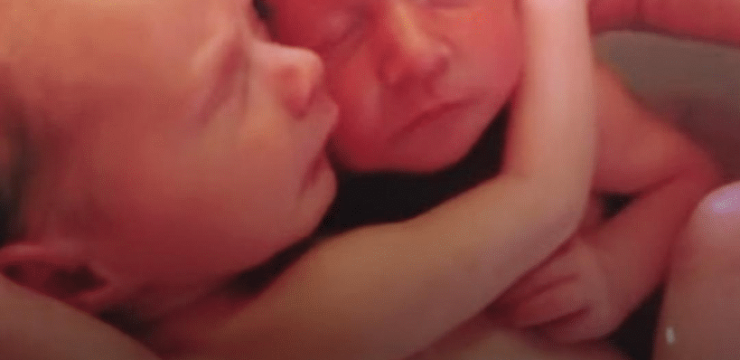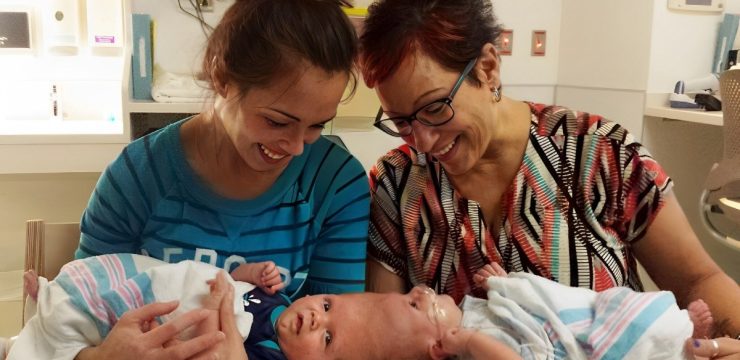There’s been a long-standing debate about whether wild animals belong in zoos, and for many, the answer is a clear no. Animals like chimpanzees, who are intelligent, social, and emotionally complex, deserve the freedom to live in their natural habitats. No matter how spacious or well-maintained a zoo enclosure may be, it simply can’t replace the open forests and social dynamics they would experience in the wild.

Even with the best intentions, zoos still confine animals to unnatural surroundings, depriving them of the instinctual behaviors they would normally exhibit. While this belief fuels much of the criticism against zoos, there are still stories that come from these places that remind us of the compassion and bravery people are capable of. One such story took place in 1990 at the Detroit Zoo and involved a chimpanzee named Jo-Jo. On that day, Jo-Jo found himself in serious trouble. After a confrontation with a more aggressive chimp, he attempted to flee and jumped over a barrier meant to keep the animals out of a man-made moat. Unfortunately, chimps are not natural swimmers, and Jo-Jo quickly began to drown.
As he flailed helplessly in the water, a crowd of about ten zoo visitors watched in shock and disbelief. Among them was Rick Swope, a 33-year-old truck driver who was at the zoo with his wife and three children. As he saw the panic in Jo-Jo’s eyes and watched the chimp struggle to stay afloat, Rick knew he couldn’t stand by and do nothing. Without hesitating, and despite the zoo’s warning signs and safety regulations, Rick jumped into the water to try and save the chimp’s life. It’s important to understand the kind of danger Rick was putting himself in. Chimpanzees are incredibly strong—up to five times stronger than the average human—and Jo-Jo was in a restricted area with other chimps that could have become hostile at any moment. On top of that, diving into unfamiliar water with a 200-pound wild animal in distress is no small task. But Rick didn’t let fear stop him.
He swam directly toward Jo-Jo and tried to lift him from the water, but the rescue didn’t go smoothly. At one point, Rick lost his grip, and Jo-Jo sank below the surface. Determined not to give up, Rick dove back down and grabbed the chimp once more. With enormous effort, he finally managed to pull the 18-year-old chimpanzee to safety. Zoo staff, who reportedly did not intervene due to safety protocols, watched as this brave visitor did what they could not.
Jo-Jo was in rough condition—exhausted, frightened, and barely conscious—but he was alive, and he had Rick to thank for it. The truck driver’s bold and compassionate act didn’t go unnoticed. When asked about the moment, Rick told the Chicago Tribune, “He was looking at me. I think he knew what was going on.” That simple sentence captured the emotional connection between human and animal, and it’s what made this story resonate with so many people. In a moment of crisis, Rick acted out of pure empathy. He didn’t think about rules or consequences—he saw a life that needed saving and stepped up when no one else would. It’s the kind of bravery that reminds us of the good in people, and the importance of compassion across species. Rick may not have been wearing a cape or a badge, but his actions made him a true hero in every sense of the word. Stories like this don’t just restore our faith in humanity—they also shine a light on the deeper question of whether wild animals should be kept in captivity at all. While Jo-Jo was lucky to survive that terrifying experience, it’s a powerful reminder that animals belong in the wild, not behind fences and moats. If this story touched your heart, help spread the word and honor Rick’s incredible courage by sharing it with others.





